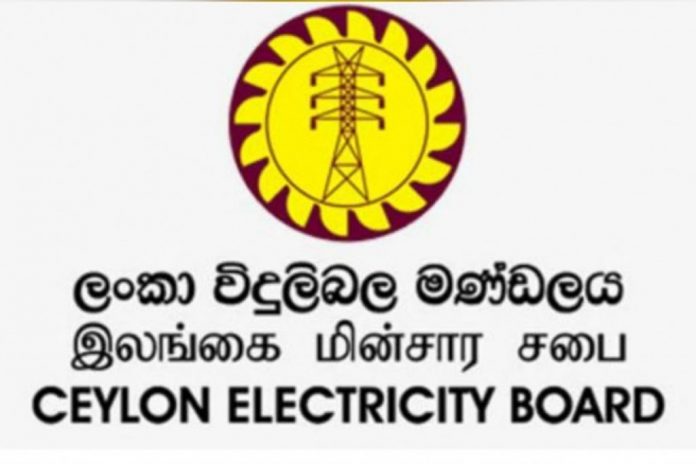Dr. Tilak Siyambalapitiya, Chairman of the Ceylon Electricity Board (CEB), recently stated that additional reductions in electricity bills for low-income users are not viable, citing the current 80% subsidy extended to this group.
Speaking during a panel discussion on the energy sector, Dr. Siyambalapitiya highlighted the financial burden of the existing subsidy framework and emphasized the importance of sustainable practices in the sector.
“Low-income households currently enjoy an 80% subsidy. For a bill of Rs. 1,000, they pay just Rs. 200. This is funded through cross-subsidization, where commercial users pay Rs. 1,400 for a Rs. 1,000 bill, and industrial users pay Rs. 13,000 for a Rs. 10,000 bill,” he explained.
Sri Lanka has implemented notable tariff subsidies for low-income households and specific user groups. As of 2024, the key features include:
Low Consumption Households (Under 30 Units): The unit price was reduced from Rs. 8 to Rs. 6, and the fixed monthly charge was lowered from Rs. 150 to Rs. 100.
Households consuming less than 30 units experienced a total bill reduction of up to 33%, while moderate users (31–90 units) saw reductions of 28–30%.
Religious institutions received a 30% reduction in electricity tariffs.
These changes, introduced by the Public Utilities Commission of Sri Lanka (PUCSL), aim to ease financial strain on low-income groups and improve energy affordability.
Dr. Siyambalapitiya’s remarks follow assurances from Cabinet Spokesman and Minister Dr. Nalinda Jayatissa, who earlier this week promised significant benefits for the public in the upcoming electricity tariff revision. The CEB is scheduled to present the revised tariff proposal to the PUCSL on December 6.
Dr. Siyambalapitiya clarified that Sri Lanka’s electricity sector operates without government or international subsidies, relying instead on a policy of balancing income and expenditure without aiming for profit. While subsidies for certain consumer groups are embedded in this model, there is no scope to increase the existing levels further.
“We must gradually reduce the percentage of subsidies provided. There are limits to how much subsidies can be expanded. Financial sustainability, not further subsidy expansion, should be the priority,” he emphasized.
The Chairman also expressed optimism about long-delayed energy projects, noting progress under the current administration. “We look forward to advancing projects that have been stalled for 40 years, ensuring they move forward at the right time and the right price,” he remarked.
